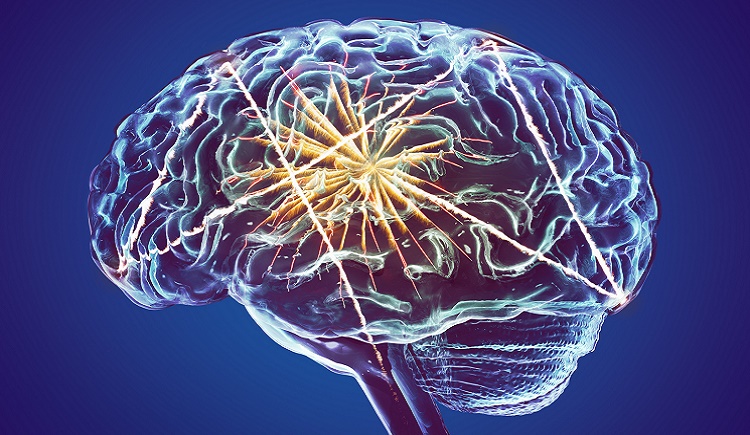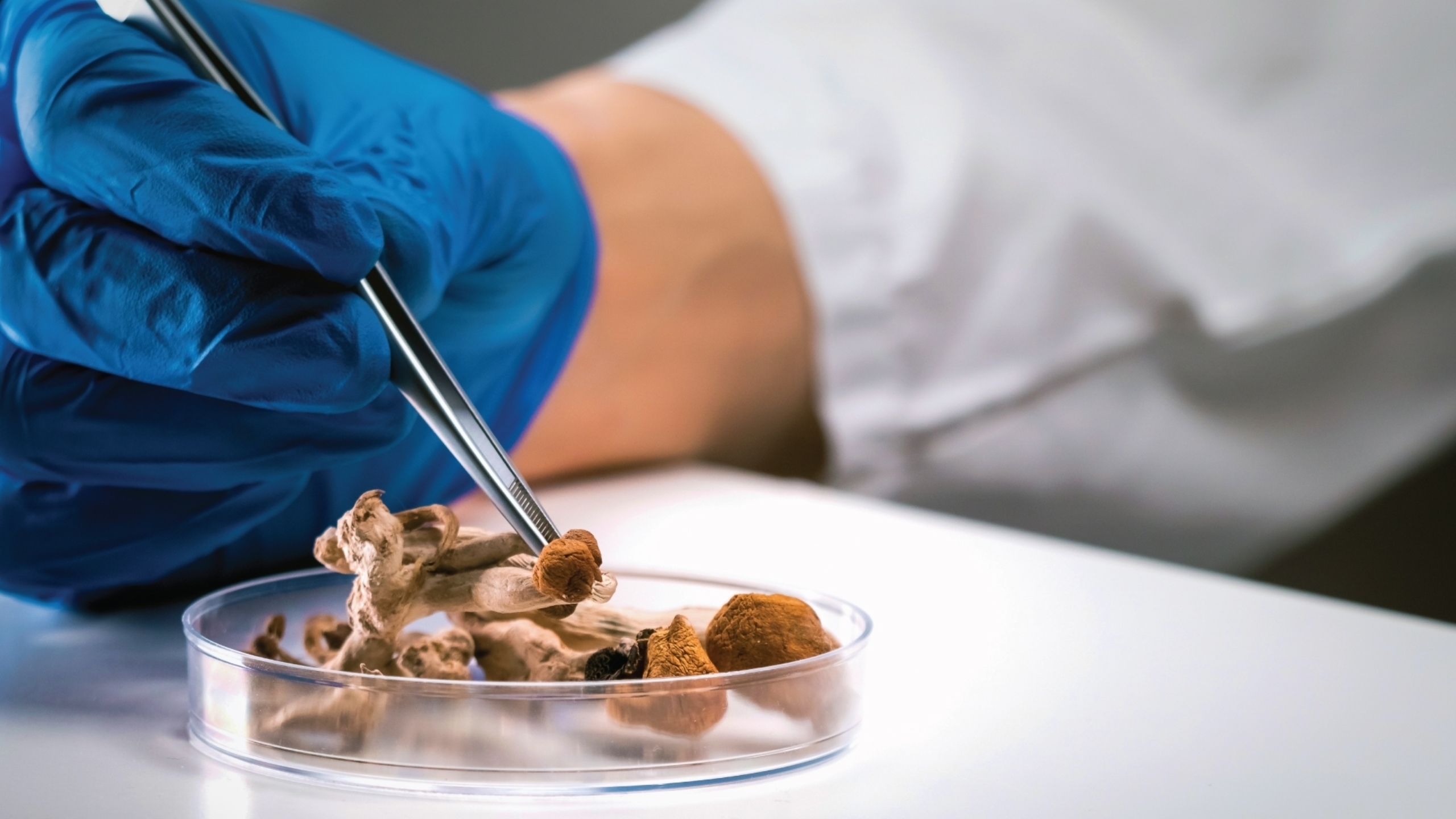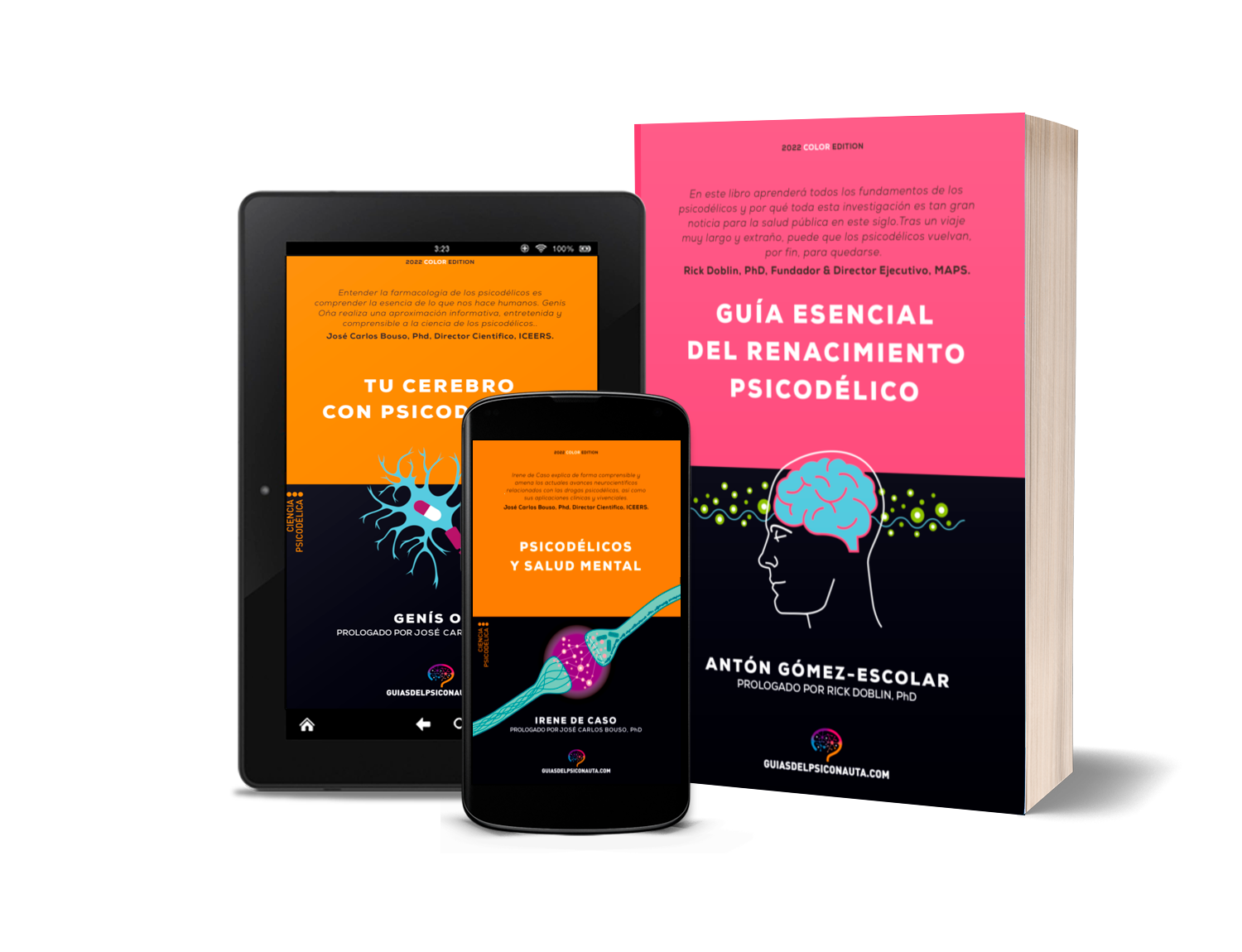By Gabriel García January 19, 2024
Psychedelics are substances that alter perception and consciousness, such as LSD, psilocybin, MDMA, DMT and ayahuasca. These drugs can have beneficial effects in treating mental disorders such as depression, anxiety, post-traumatic stress disorder and addiction, but they can also have negative effects on the brain if used inappropriately or without medical supervision.
According to an article published in the journal ‘New Scientist’, psychedelics can help repair brain damage caused by trauma or injury, stimulating the growth of new neurons and synapses, and facilitating the learning of new skills. The article is based on animal and human studies that have shown that these substances can activate mechanisms of neuroplasticity and neurogenesis, i.e. the brain’s ability to change and generate new cells.
But how can psychedelics help brain damage? Brain damage is an injury to the functioning of the brain, either from external causes (such as trauma, stroke or tumours) or internal causes (such as degenerative, infectious or autoimmune diseases). Brain damage can cause cognitive, emotional, behavioural and physical impairments that make daily life difficult for sufferers.

Psychedelics may help brain damage in several ways. On the one hand, psychedelics have been shown to have neurogenic effects, i.e. they stimulate the growth and differentiation of new neurons in the brain. This may promote the repair and plasticity of damaged areas of the brain, as well as the formation of new connections between them. On the other hand, it has been suggested that psychedelics may facilitate functional reorganisation of the brain, i.e. they may modify activity and communication between different brain regions. This could improve adaptation and compensation for functions lost or impaired by brain damage.
In addition to these biological effects, psychedelics could help brain damage from a psychological and social perspective. Psychedelics could alleviate emotional distress associated with brain damage, such as depression, anxiety, isolation or low self-esteem. Psychedelics could also enhance a sense of purpose, optimism, hope and gratitude for life. Psychedelics may also facilitate social support and empathy towards others. All these factors could contribute to better recovery and rehabilitation for people with brain damage.
However, psychedelics can also have adverse effects on the brain if used recreationally or without medical supervision. These drugs can cause hallucinations, paranoia, anxiety, panic, confusion, psychosis and permanent neural damage. In addition, the effects of psychedelics are highly dependent on the context, personality and mood of the user, and can vary greatly from person to person.

It is therefore important that people who want to use psychedelics for therapeutic purposes do so under the supervision of a qualified professional and in a safe and controlled environment. This will allow the potential of psychedelics to be harnessed to improve mental and brain health without taking unnecessary risks.
If you are interested in learning more about this exciting world, we invite you to consult the Psychonaut’s Guides by Argonowta. These books will give you a broad and balanced view of psychedelics and their potential therapeutic effects. Remember, however, that these substances are not a panacea or a magic solution to all your problems. Their use requires professional guidance, an appropriate context and a responsible attitude. Psychedelics can be a powerful tool for personal change, but they can also be dangerous if used inappropriately or irresponsibly.
The Psychonaut’s Guides from Argonowta Publishing is a collection of books that explain in a rigorous and accessible way the scientific, historical, cultural and experiential aspects of psychedelic substances. These guides offer updated and contrasted information on the therapeutic and neuroscientific applications of psilocybin, LSD, DMT and MDMA, as well as practical advice on how to prepare, carry out and take advantage of psychedelic experiences. The Psychonaut’s Guides are a must-have reference for anyone interested in learning about the psychedelic renaissance that is transforming mental health and changing lives.






